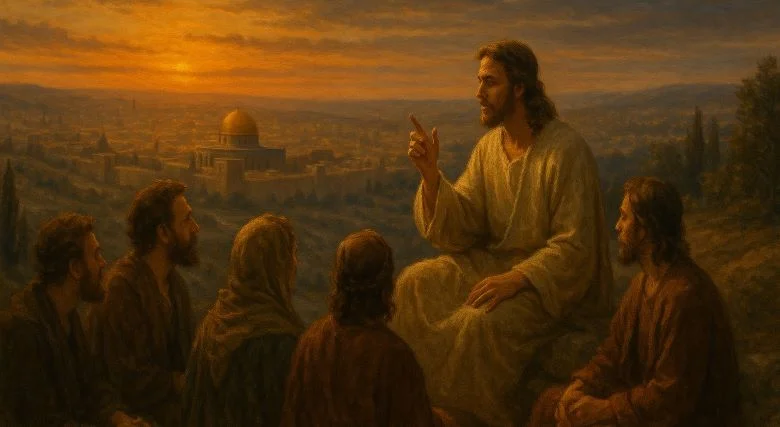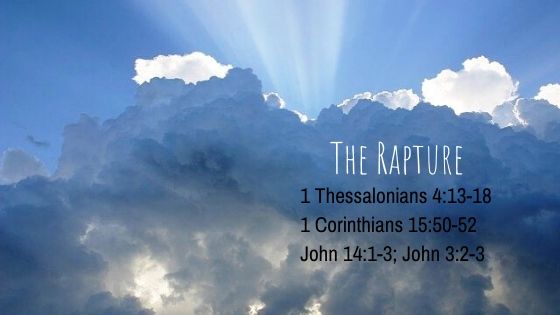Should Christians be Afraid of Dying?
Scripture tells us that this life is not all that there is. Indeed, we are beings made for eternity. Death is the doorway to eternity for each of us and this eternity will be one of conscious existence. Needless to say, each person must be prepared. So the obvious question is, “Should we be afraid … Read more










